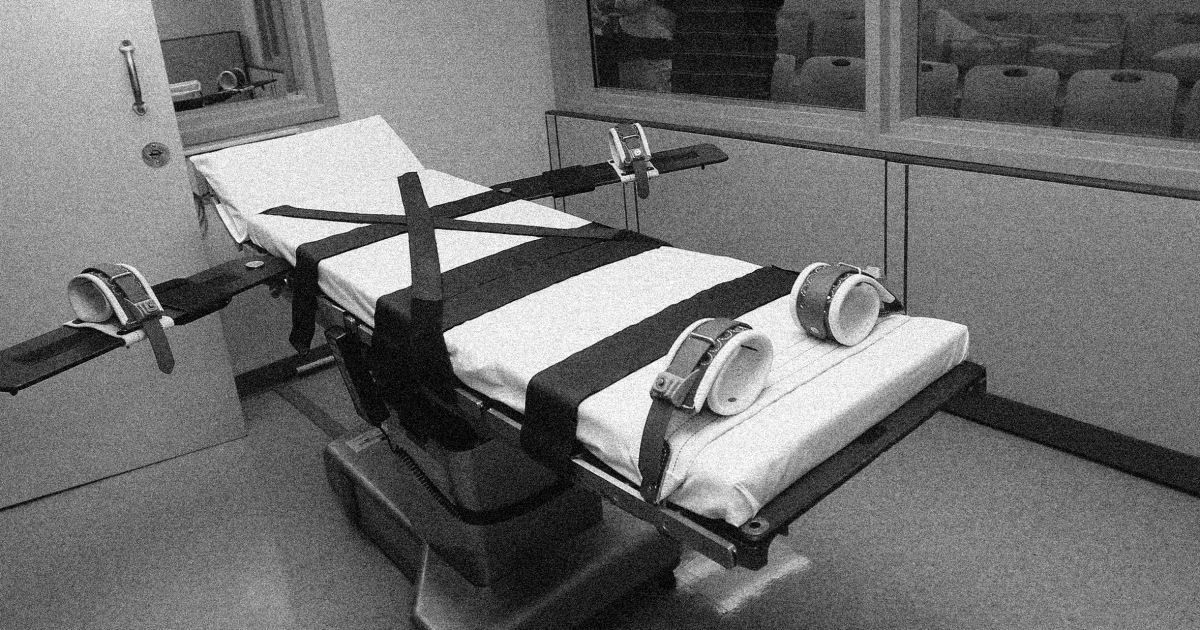
A federal court has stayed the execution of an Oklahoma prisoner, one day before the state was set to carry out its first death sentence in more than six years.
Oklahoma, one of the country’s leading death penalty states, was scheduled to put John Marion Grant to death Thursday for the 1998 killing of Gay Carter, a 58-year-old staff member at the prison where Grant was serving time for robbery.
But on Wednesday, citing an ongoing federal lawsuit challenging one of the drugs in Oklahoma’s lethal injection mixture, the U.S. Court of Appeals for the 10th Circuit put Grant’s execution on hold.
The court also stayed the November execution of Julius Jones, whose case and claims of innocence have caught national attention.
Grant and Jones are both suing the state of Oklahoma over the use of the drug midazolam, which has been used in several high-profile and problematic executions. Medical experts argue the drug is not appropriate for use in executions because it is not a strong-enough sedative.
The court stated Wednesday that it would not allow the execution of both men while their lawsuit claiming the lethal injection drug would violate their Eighth Amendment rights prohibiting cruel and unusual punishment is still pending.
“They risk being unable to present what may be a viable Eighth Amendment claim to the federal courts before they are executed using the method they have challenged,” the court ruled.
The Oklahoma attorney general’s office said in a statement that it would appeal to the Supreme Court to allow the execution to move forward.
“We are hopeful that the Supreme Court will vacate the stay so that justice can finally be served for the people of Oklahoma, including the families of the victims of these horrific crimes,” the statement said.
Oklahoma hasn’t performed an execution since 2015, after a series of failures administering the death penalty led to drug mix-ups and the botched execution one year earlier of Clayton Lockett, who took 43 minutes to die when the wrong needle was used to administer a lethal injection, causing the drug to pool in his muscle tissue. Oklahoma’s executions drew condemnation from national and international figures including then-President Barack Obama and the U.N. human rights chief.
Following a 2015 state court ruling that Oklahoma should re-evaluate its death penalty protocols, then-Oklahoma Attorney General Scott Pruitt called for a moratorium on executions until new procedures were written and the necessary drugs could be purchased.
Grant and Jones’ case on midazolam is set to be heard in February in federal court in Oklahoma City.
In a separate ruling Wednesday, the court also required that if and when Grant is executed, any evidence, such as medical equipment and packaging, should be preserved for investigative purposes.
Source: | This article originally belongs to Nbcnews.com









